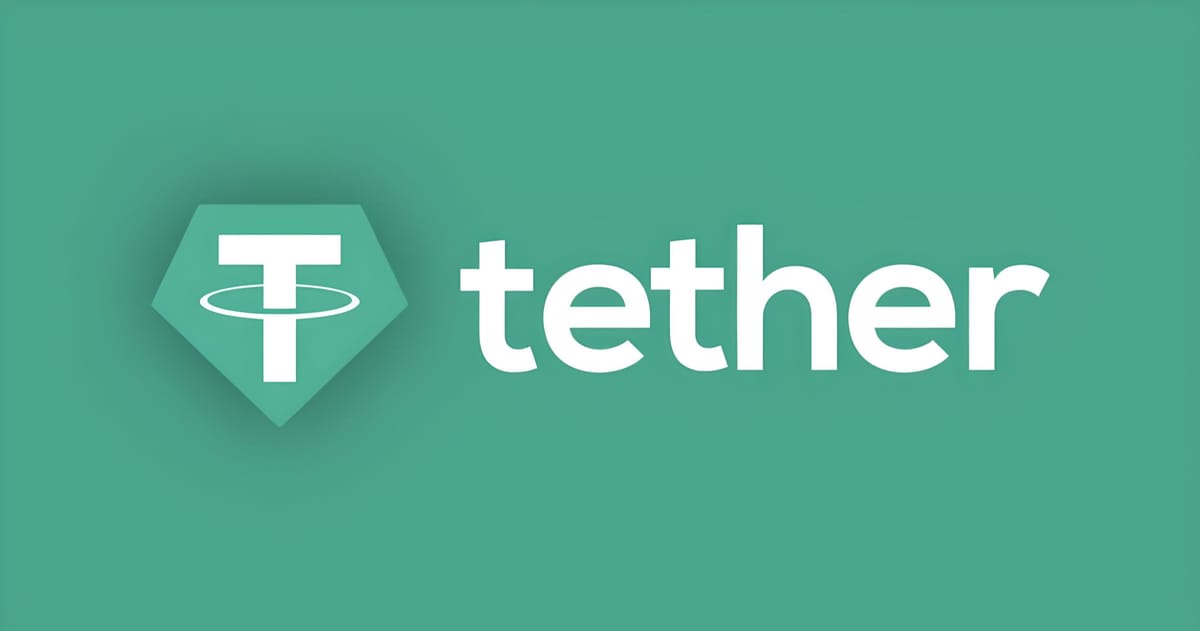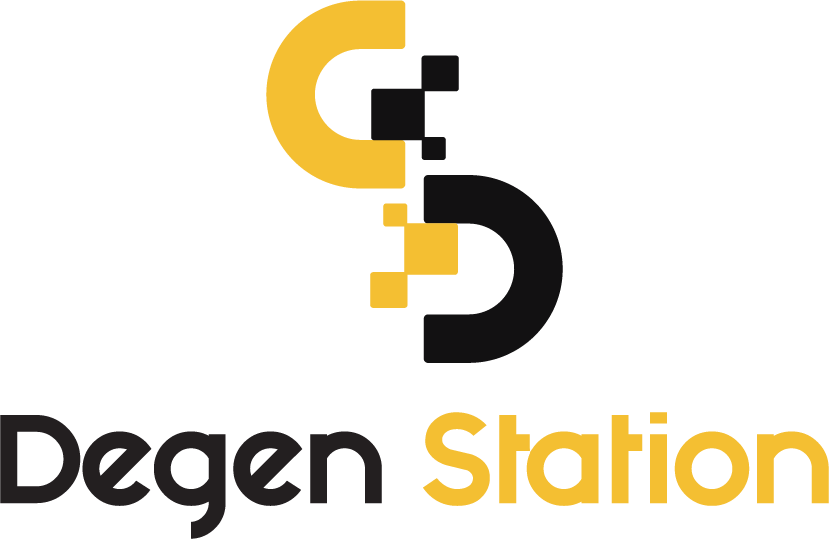Tether Defies Sanctions, Continues to Support Tornado Cash

Tether, the issuer of the USDT stablecoin, has deemed the freezing of Tornado Cash wallet addresses premature and is awaiting a clear directive from authorities before taking action.

Tether Stands Firm on Not Freezing Tornado Cash Addresses Despite Sanctions
Tether has maintained its stance on not freezing sanctioned Tornado Cash wallet addresses, citing a lack of official requests from law enforcement or U.S. regulatory agencies. This statement came in a declaration released last night.
Tether Holds Firm on Decision Not To Freeze Tornado Cash Addresses, Awaits Law Enforcement Instruction https://t.co/zpsI9lKLlf
— Tether (@Tether_to) August 24, 2022
Tether’s Position
As of the evening of August 24th, a Washington Post article reported on Tether's stance, suggesting that the organization is resisting the U.S. Treasury’s sanctions. The article referenced data from intelligence firm Dune Analytics, indicating that Tether had not blacklisted any sanctioned accounts.
In response, Tether’s CTO, Paolo Ardoino, stated:
“To date, OFAC has not requested any stablecoin issuer to freeze addresses sanctioned by OFAC. Furthermore, no U.S. law enforcement or regulatory agency has made such a request, even though we are in contact with them almost daily.”
Ardoino assured that Tether “generally complies with U.S. government requests” and views U.S. Treasury sanctions as part of its global compliance program. He added that Tether will “work closely” with U.S. law enforcement and freeze addresses if a legitimate request is received from authorities.
Additionally, Tether remarked:
“Unilaterally freezing secondary market addresses could be a disruptive and risky move. Even if Tether detects suspicious activity on an address, freezing it without official guidance from law enforcement or government agencies could lead to further legal investigations.”
Circle, the issuer of the USDC stablecoin, blacklisted Tornado Cash addresses within hours of the sanctions being imposed.
“We believe that taking such actions without guidance from U.S. authorities is premature and may have jeopardized the work of regulators and law enforcement globally,” Tether commented.
Tether also noted that Paxos, the organization behind the BUSD and USDP stablecoins, and the algorithmic stablecoin DAI—with 36% of its reserves in USDC—also did not block Tornado Cash addresses.
As many platforms remain uncertain about their next steps, the entire crypto industry is seeking clarity on how to comply with the Treasury’s sanctions. Earlier this week, Congressman Tom Emmer sent a letter to Treasury Secretary Janet Yellen requesting an official response on how the department is addressing these sanctions.
The price of Tornado Cash’s TORN token surged over 30% following Tether’s confirmation that it would not block transactions from Tornado Cash addresses. However, TORN is still trading at one-third of its price from early August, which was above $30.

TORN/USDT 1H Chart. Source: Binance
U.S. Bans Tornado Cash
As reported by Coin68, the U.S. Treasury, through the Office of Foreign Assets Control (OFAC), sanctioned the Tornado Cash mixer on August 8th. Since then, any entities interacting with this protocol have been deemed to be engaging in illegal activities.
Tornado Cash is a privacy-focused “mixer” platform that allows users to deposit ETH or supported ERC-20 tokens, which are then mixed and sent back to the users, effectively obscuring transaction traces for enhanced privacy. Despite being an open-source and decentralized project, it has been targeted by legal action due to its misuse.
Following the ban, a long list of organizations and platforms have blocked transactions related to Tornado Cash. This includes USDC issuer Circle, RPC providers Infura and Alchemy, dYdX exchange, DeFi protocols like Uniswap, Aave, Balancer, and the Oasis.app wallet. Traditional tech platforms, such as website hosts, GitHub, Discord, DAO project hosts, and even the world’s largest ETH mining pool, have also blacklisted Tornado Cash.
In contrast to Tether, Circle promptly froze $75,000 USDC from sanctioned addresses, leading to debates over decentralization and censorship resistance in crypto. This action has sparked further discussions about the nature of decentralization. Tensions have also increased following the recent arrest of a Tornado Cash developer in the Netherlands, with his wife criticizing the treatment of her husband and the criminalization of open-source software development.





